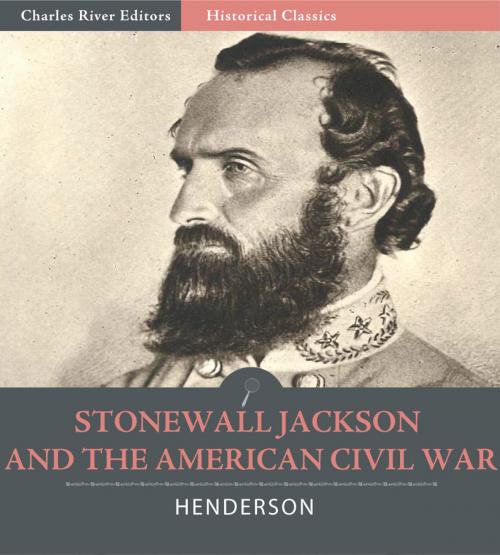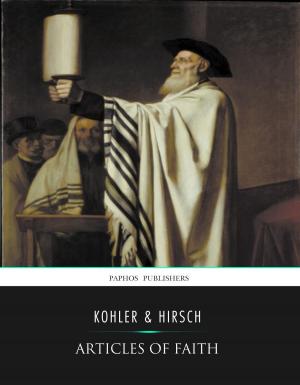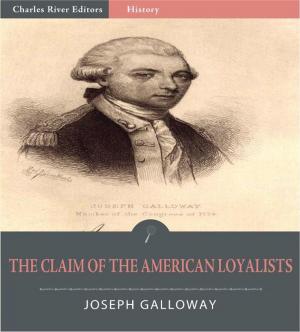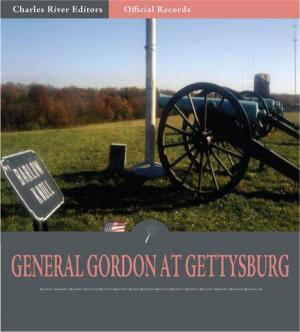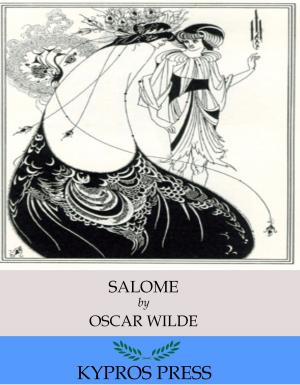Stonewall Jackson and the American Civil War
Nonfiction, History, Americas, United States, Civil War Period (1850-1877), 19th Century, Biography & Memoir, Historical| Author: | G.F.R. Henderson | ISBN: | 9781475305265 |
| Publisher: | Charles River Editors | Publication: | April 12, 2012 |
| Imprint: | Language: | English |
| Author: | G.F.R. Henderson |
| ISBN: | 9781475305265 |
| Publisher: | Charles River Editors |
| Publication: | April 12, 2012 |
| Imprint: | |
| Language: | English |
Stonewall Jackson needs no formal introduction, being one of the most famous generals of the Civil War, revered throughout the South for his extremely successful military skill. At the same time, Jacksons pious Christianity and seeming eccentricities have continued to fascinate historians, scholars and readers, who often still argue why he would hold his left arm up with his palm facing outward while in battle. Jackson earned his famous stonewall moniker at the Battle of First Bull Run, when Brigadier-General Bee told his brigade to rally behind Jackson, who was standing like a stone wall. General Bee was mortally wounded shortly after giving the order, so its still unclear whether that was a compliment for standing strong or an insult for not moving his brigade, but the nickname stuck for the brigade and the general itself. Jackson would go on to lead an army to one of the most incredible campaigns of the war in the Shenandoah Valley in 1862. Known as the Valley Campaign, Jackson kept 3 Union armies occupied north of Richmond with less than 1/3 of the men. Jacksons forces marched about 650 miles in just 3 months, earning the nickname foot cavalry. Stonewall Jackson and the American Civil War will be of interest to anyone interested in a first hand account of Colonel Hendersons experiences in the Civil War and with General Jackson.
Stonewall Jackson needs no formal introduction, being one of the most famous generals of the Civil War, revered throughout the South for his extremely successful military skill. At the same time, Jacksons pious Christianity and seeming eccentricities have continued to fascinate historians, scholars and readers, who often still argue why he would hold his left arm up with his palm facing outward while in battle. Jackson earned his famous stonewall moniker at the Battle of First Bull Run, when Brigadier-General Bee told his brigade to rally behind Jackson, who was standing like a stone wall. General Bee was mortally wounded shortly after giving the order, so its still unclear whether that was a compliment for standing strong or an insult for not moving his brigade, but the nickname stuck for the brigade and the general itself. Jackson would go on to lead an army to one of the most incredible campaigns of the war in the Shenandoah Valley in 1862. Known as the Valley Campaign, Jackson kept 3 Union armies occupied north of Richmond with less than 1/3 of the men. Jacksons forces marched about 650 miles in just 3 months, earning the nickname foot cavalry. Stonewall Jackson and the American Civil War will be of interest to anyone interested in a first hand account of Colonel Hendersons experiences in the Civil War and with General Jackson.
